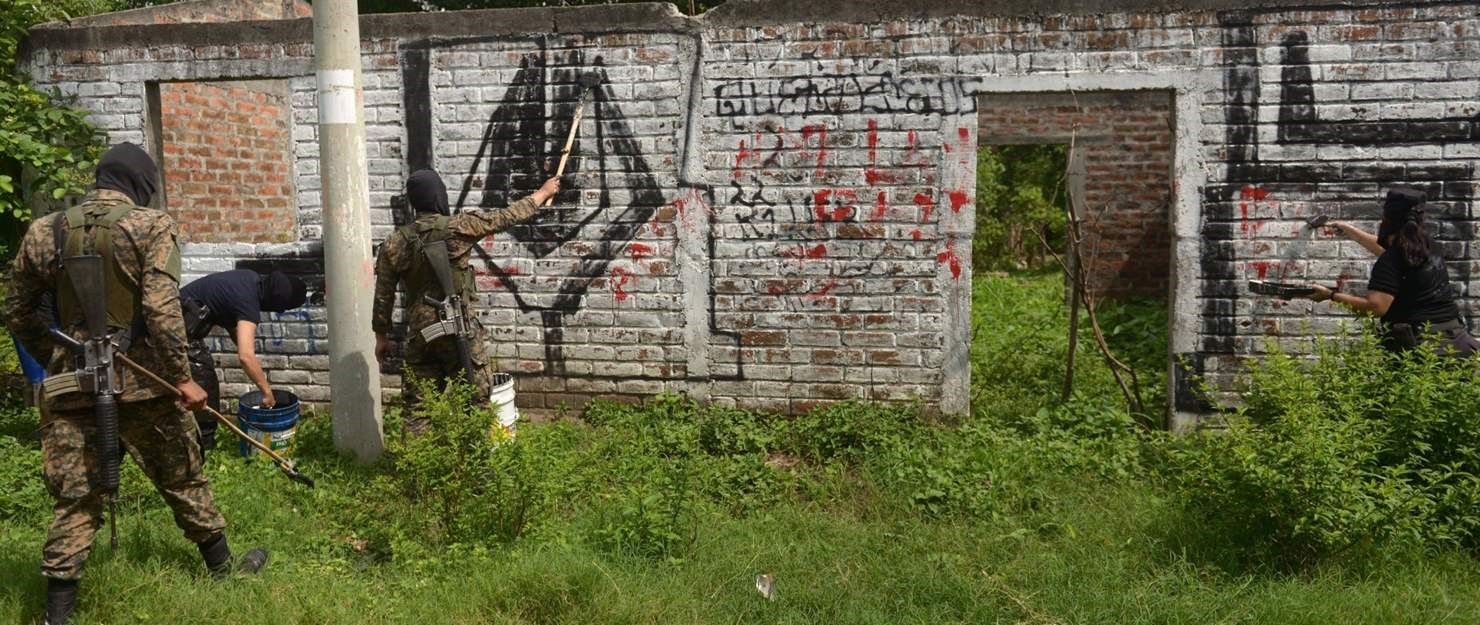DOWNLOAD PDF
THE ISSUE
In Guatemala, El Salvador, and Honduras, corruption, impunity, poverty, and violence – and, more recently, devastating impacts on livelihoods wrought by climate change – have impelled increasing numbers of families and children to flee. In fiscal year 2019, 91% of families and 83% of unaccompanied children apprehended at the southwest border were from these three countries.
The World Bank has estimated that 60% of households in rural Northern Triangle areas live in poverty. In Guatemala, which produced the largest number of individuals seeking safety in the United States in 2019, the devastating impact of climate change on crop production – particularly on Indigenous communities, already disadvantaged by decades of brutal violence and discrimination – has decimated traditional livelihoods and left families and children starving.
In the face of crushing poverty and unstable government institutions, organized criminal networks – some exported directly from the United States – have taken control, particularly over poorer areas in all three countries. Their reign has led to record levels of extortion, murder, and forcible recruitment and sexual assault of minors. In El Salvador – which had the highest murder rate in the world just four years ago and still experiences one of the highest homicide rates in Latin America – only 5% of crimes prosecuted ever lead to a conviction; in the words of one woman whose husband and two sons were killed by members of MS-13, “talking to the police is a death sentence.”
In Guatemala, the country’s highest authorities have significantly undermined anti-corruption efforts and access to justice by intimidating and expelling a successful anti-corruption body. Judges and prosecutors involved in high-profile prosecutions of illegal criminal networks face stigmatization, threats and legal proceedings as retaliation for their work on cases involving human rights abuses. The United States, which had initially backed anti-corruption efforts in Guatemala, ultimately helped undermine them.
Even though decades of U.S. policies and interventionism in these countries helped create the instability that continues to plague them today, the United States has in recent years failed to meaningfully address the root causes underpinning forced displacement, instead approaching policy in the region with the sole and explicit goal of halting northward migration. In 2019, the Trump administration announced it was slashing foreign assistance to the Northern Triangle and entered into a series of ill-conceived “safe third country” agreements with Guatemala, El Salvador, and Honduras.
TALKING POINTS
Displacement from Central America is a regional issue which requires regional solutions. The United States must meaningfully address the root causes of displacement, including rampant instability, corruption, and violence – many of which are legacies of U.S. intervention.
RECOMMENDATIONS
- Restore funding for evidence-based programs addressing poverty alleviation, climate change adaptation, community-based violence prevention (including preventing gender-based violence and anti-LGBTI violence) and anticorruption efforts, while halting arms exports and security assistance to forces engaged in human rights violations (U.S. Department of State)
- Renew U.S. support for anticorruption mechanisms led by regional and international actors (including the United Nations and the Organization of American States) (U.S. Department of State, U.S. Mission to the United Nations)
- Expand access to regional protection for those displaced by violence and persecution, including by:
- Supporting the strengthening of regional neighbors’ domestic asylum systems as a complement to –but not a replacement of – access to asylum in the United States (U.S. Department of State)
- Establishing a multilateral resettlement initiative in collaboration with U.S. neighbors and other resettlement countries, which should include the creation of processing centers for the resettlement of refugees, restoration and expansion of the U.S. Central American Minors program, and evacuation mechanisms for individuals at risk of imminent harm (DHS/USCIS and U.S. Department of State)
ADDITIONAL RESOURCES
- Guatemala: Last Chance for Justice: Dangerous Setbacks for Human Rights and the Fight Against Impunity in Guatemala” (July 2019) (available here)
- El Salvador: Memorandum to the President” (May 2019) (available here)
- “Home Sweet Home?”: Honduras, Guatemala, and El Salvador’s Role in a Deepening Refugee Crisis” (2016) (available here)
FOR MORE INFORMATION, PLEASE CONTACT:
Charanya Krishnaswami
Advocacy Director, Americas
(202) 675-8766
